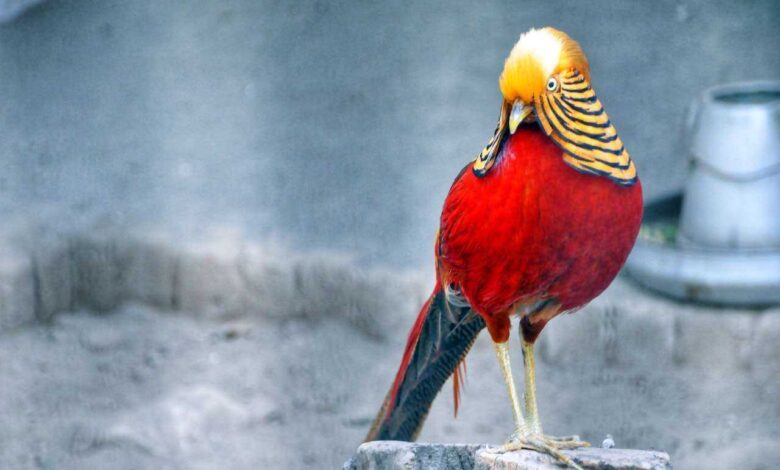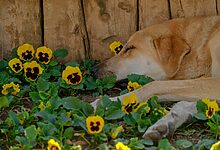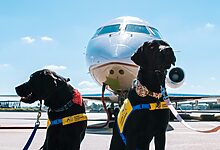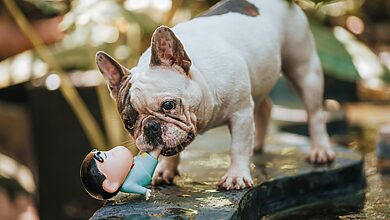How to Breed Birds: Expert Tips for Successful Bird Breeding

Bird breeding is a captivating journey that offers both beginners and advanced breeders a chance to explore the wonders of avian life. This guide provides in-depth insights and techniques for a successful bird breeding experience.
Getting Started with Bird Breeding
How to Choose the Right Breeding Pair
Choosing the ideal breeding pair is the crucial first step in bird breeding. Start by considering genetics, as you want to avoid hereditary issues and aim for desirable traits. It’s essential to understand the lineage and potential genetic concerns of your birds. Moreover, compatibility is key for a harmonious relationship between your birds. Birds that get along well are more likely to thrive and reproduce successfully. Additionally, prioritize the health of your breeding pair; provide them with a balanced diet, regular health check-ups, and a clean environment to ensure they’re in prime breeding condition.
How to Condition Birds for Breeding
Conditioning your birds is essential for a successful breeding experience. Nutrition plays a significant role in this process. Provide your birds with a well-rounded diet that includes the appropriate nutrients for their species. In preparation for breeding, consider adding dietary supplements like calcium to support eggshell formation. It’s also important to establish a comfortable, private, and secure housing environment. Creating a nesting space that replicates their natural habitat can encourage breeding behavior. Socialize with your birds regularly to build trust and reduce stress during the breeding process. Spend time with them, talk to them, and offer treats to strengthen your bond.
Setting Up for Bird Breeding
How to Set Up a Breeding Cage
A well-prepared breeding cage is vital to ensure a successful breeding process. When selecting a cage, consider the size carefully. It should be spacious enough to allow the birds to move around comfortably while providing them with room to exercise. Adding nesting materials, like soft bedding and nesting boxes, will encourage your birds to lay eggs. It’s important to create a private atmosphere in the cage to help the birds feel secure. Placing the cage in a quiet and low-traffic area of your home is essential to minimize disturbances.
How to Incubate Bird Eggs
Incubating bird eggs can be a complex but rewarding process. Maintaining the right temperature and humidity levels is crucial for the development of bird embryos. Invest in a reliable incubator and monitor these parameters closely. Turning the eggs at regular intervals is necessary to prevent developmental issues. If you choose to use a brooding hen, ensure she’s in good health and understands her motherly duties. If complications arise during incubation, consult a vet or an experienced breeder for guidance.
How to Hand-Rear Baby Birds
Hand-rearing baby birds requires patience and attention to detail. Feeding is a critical aspect of this process. Research the specific dietary needs of the bird species you’re breeding, as these can vary significantly. Keep a feeding schedule and monitor the growth of the chicks to ensure they are developing properly. Gradual weaning is essential, as it allows the birds to transition to independence at their own pace. Additionally, socialize baby birds by gently handling and interacting with them. This helps build a strong bond between you and the birds, making them more comfortable around humans.
Common Challenges in Bird Breeding
How to Prevent and Treat Bird Breeding Problems
Bird breeding can be met with various challenges, including infertility, diseases, and chick mortality. Preventing these issues requires vigilant monitoring of your birds. Ensure that your breeding pair is healthy and well-fed. Regular vet check-ups can help identify and address potential problems early. In the case of infertility, consult a vet to rule out any underlying health issues. For disease prevention, quarantine new birds before introducing them to your breeding pair. Establishing a strict hygiene routine can also minimize the risk of disease transmission.
How to Raise Different Species of Birds
Breeding various species of birds requires an understanding of their unique needs and compatibility. Each species may have different dietary requirements, housing preferences, and breeding behaviors. Research the specific needs of each species you plan to breed to ensure they are met. When housing different species together, be cautious, as some birds may not get along or could crossbreed, potentially diluting the traits you’re trying to preserve.
How to Breed Birds for Specific Traits
Breeding for specific traits, such as color, size, or behavior, requires a deep understanding of genetics and selective breeding techniques. Consult with experts or geneticists if you’re pursuing this advanced aspect of bird breeding. Keeping detailed records of your breeding efforts is essential for tracking the lineage and genetic traits you’re trying to promote. Patience and careful planning are key to achieving your desired results.
How to Breed Birds for Profit
For those aiming to turn their bird breeding hobby into a profitable venture, market research is a fundamental step. Understand the demand for specific bird species or traits in your region. By identifying niche markets, you can cater to the preferences of potential buyers. Additionally, maintaining meticulous records of your breeding expenses and income is essential for managing your breeding venture as a business. Proper financial planning and marketing are vital components of a profitable bird breeding enterprise.
In conclusion, bird breeding is a multifaceted undertaking that offers a deep connection with avian life. Whether you’re a novice or an experienced breeder, comprehending the nuances of bird breeding is the key to success. By following these expert tips and techniques, you’ll be well-prepared to embark on your bird breeding adventure, nurturing the growth of beautiful and healthy bird generations. Your dedication and knowledge will not only reward you but also contribute to the preservation of diverse bird species and the development of unique avian traits.








